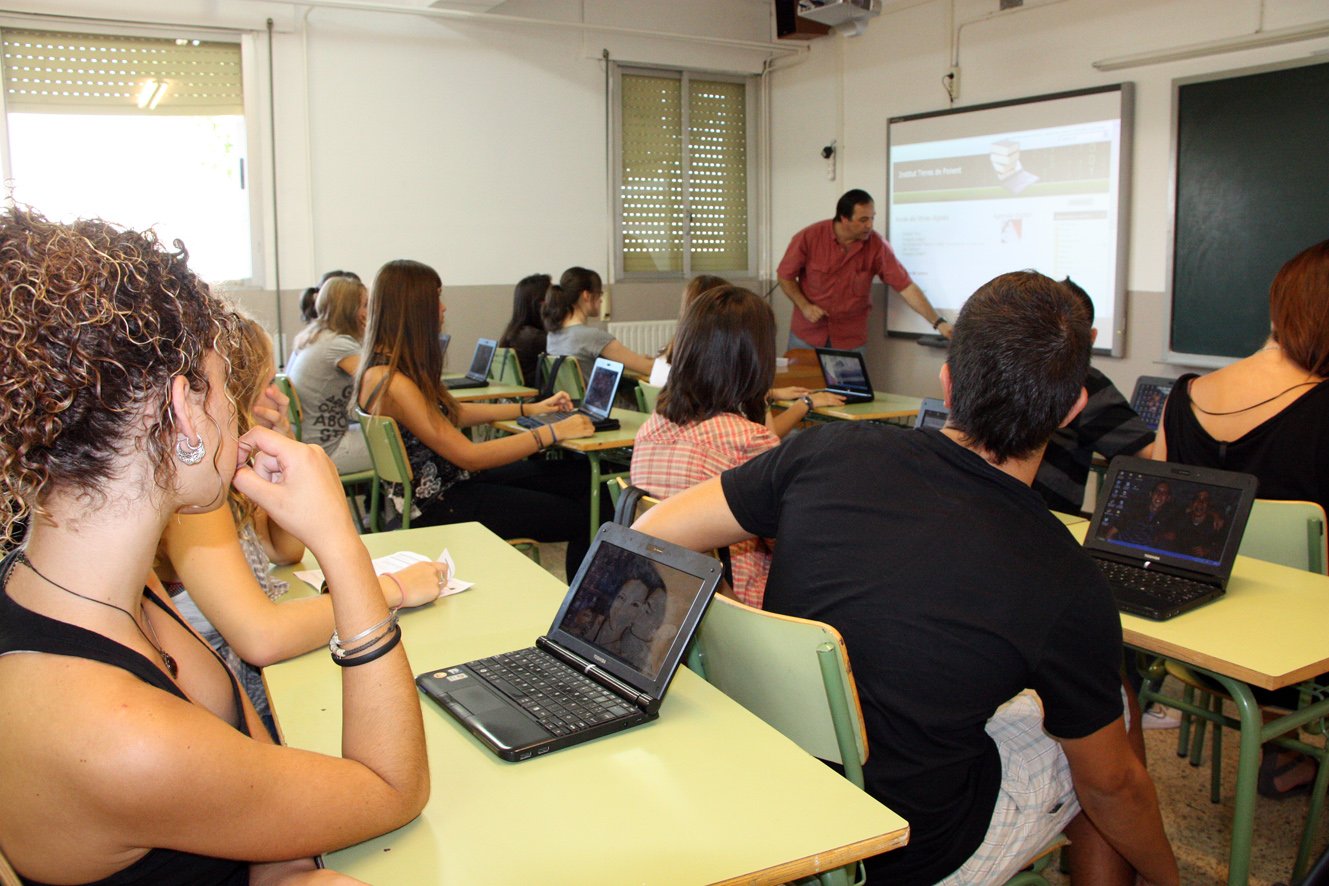Improving in English, that's one of the objectives of the Catalan education department for the coming years. As such, they plan to expand the use of English to non-linguistic subjects, for example history or geography. This system is already being used in some schools and, according to the educational policies secretary, Carles Martínez, the result "is spectacular". "It's about linguistic immersion in English," he said. With the measure, the department wants knowledge of English to reach all social groups, having noted that higher socioeconomic status patterns with better knowledge of the language. This is to a large extent because families with higher incomes can afford extracurricular courses and lessons.
There is a notable obstacle to the idea, however, namely that many teachers don't have the necessary level to give classes in the language. In response, the secretary highlighted that each new generation is better prepared.
The announcement was made during the presentation of the results of the basic skills tests taken by students in the last year of primary education (6è) and the end of compulsory education at 16 years old (4t d'ESO). They show that, on average, students have improved in English but that, nonetheless, it's one of the subjects with the largest percentage of students left at a low level. Specifically, at the end of primary school, 15.9% of students don't reach the level required. At secondary schools, the level was 20% in 2014, 13.7% this year.
Worse results in Maths at 16
The results for the exams at 16 are all very similar to last year. There's been a slight increase seen in all subjects except mathematics, where results dropped 2 points (to 68.5 out of 100). Joan Mateo, chair of the Evaluation Council of the Education System predicted it will increase again next year, noting that there are students who are "excellent in this subject".

